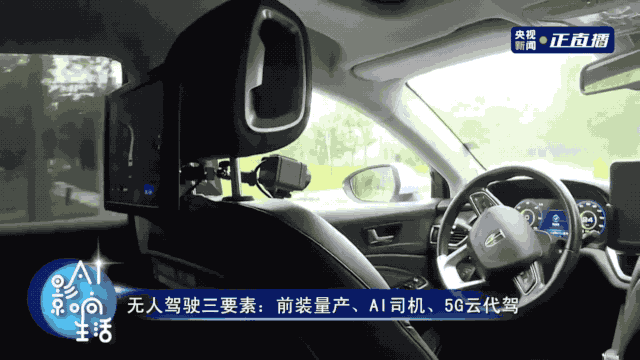If you find yourself hailing a ride in Wuhan and Chongqing, you won’t have to worry about making awkward chitchat with the driver… because soon, there won’t be one.
What happened: Baidu (China’s equivalent of Google) is the country’s first company licensed to commercially offer fully driverless robotaxis without a human supervisor present.
- Baidu will operate ten cars across Wuhan and Chongqing through Apollo Go, its ride-hailing platform, covering 13 and 30 square kilometres in each city, respectively.
- The service won’t generate revenue for at least two or three years, but Baidu now has a massive leg-up on other competitors in the Asian market.
Why it matters: Autonomous driving is one of many fronts in the race between China and the West to develop and commercialize cutting-edge technologies, and Baidu’s entry into the competition will add pressure on US companies who have already invested billions.
- GM’s Cruise currently offers driverless cab rides in limited parts of San Francisco, but the service has been troubled by mishaps and is losing $5 million every day. Google’s Waymo operates a similar service in parts of Phoenix, Arizona.
Bottom line: An analyst with S&P Global Mobility, told the Financial Times that China’s approval of Baidu's robotaxis will stoke competition not just between companies, but between countries to see who pull ahead in the race to perfect the technology.
